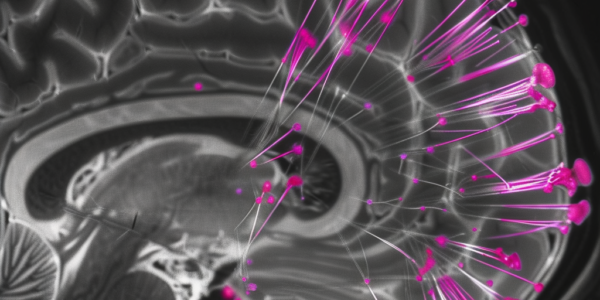New Study Reveals Genetic Factors Behind Sex Differences in Autism
A new study in Science Advances reveals the Ube3a gene’s role in sex differences in autism spectrum disorder (ASD). Researchers found that variations in this gene affect brain connectivity and behavior differently in males and females, shedding light on the higher prevalence of autism in males. This groundbreaking research enhances our understanding of autism’s genetic underpinnings and suggests that sex-specific factors must be considered in future therapies and treatments.
Support for LGBT+ Rights in Canada Evolving, Survey Shows
Recent data suggests that support for various aspects of LGBT+ visibility in Canada is declining, despite strong overall support for protecting the LGBT+ community. A survey by Ipsos found that 12% of Canadians identify as LGBT+, with higher percentages among those under 35. While support for protecting transgender individuals remains high, specific measures like health insurance coverage for gender transition receive lower support. The survey also shows a generational divide in attitudes towards LGBT+ issues, highlighting the evolving landscape of LGBT+ rights in Canada.
Lala Kent Reveals She’s Expecting a Baby Girl
Lala Kent, pregnant with her second child, revealed that she’s expecting a baby girl and shared the news during an Amazon Live. She expressed her excitement and gratitude for the support she has received and emphasized the role of Amazon in providing her with the essentials for her firstborn.
Stanford Medicine Study Reveals AI Can Distinguish Between Male and Female Brains with 90% Accuracy
Stanford Medicine researchers have developed an AI deep learning model that can distinguish between male and female brains with over 90% accuracy, shedding light on the impact of gender on brain development, aging, and neuropsychiatric diseases. The study’s findings have significant implications for developing personalized sex-specific biomarkers in psychiatric and neurological disorders, as well as innovative AI-based computational tools for future research.
Stanford Medicine Study Reveals Groundbreaking Findings on Male and Female Brain Organization Patterns
Stanford Medicine’s recent study unveils groundbreaking findings on distinctions between male and female brain organization patterns. The research introduces a powerful new artificial intelligence model capable of distinguishing between male and female brains with over 90% accuracy. The study, published in the Proceedings of the National Academy of Sciences, addresses the controversy surrounding reliable sex differences in the human brain and emphasizes the significance of sex in human brain development, aging, and the manifestation of psychiatric and neurological disorders.
Global Study Shows Narrowing Life Expectancy Gap Between Men and Women
A new study has found that the life expectancy gap between men and women is narrowing globally. Research analyzing mortality data from over 190 countries revealed that on average, people are living longer, and the disparity in life expectancy between…
Sex Differences in Chronic Pain Development in Mice
New research has revealed potential differences in the way chronic pain develops and resolves in male and female mice, offering insights into future targeted treatments for humans. The study, conducted by a research team at the University of Alberta, focused…







